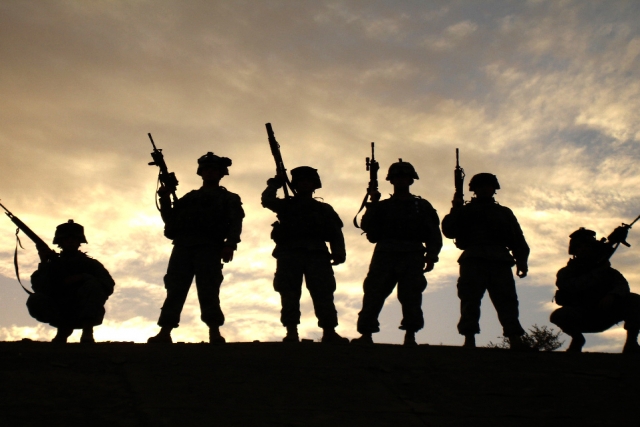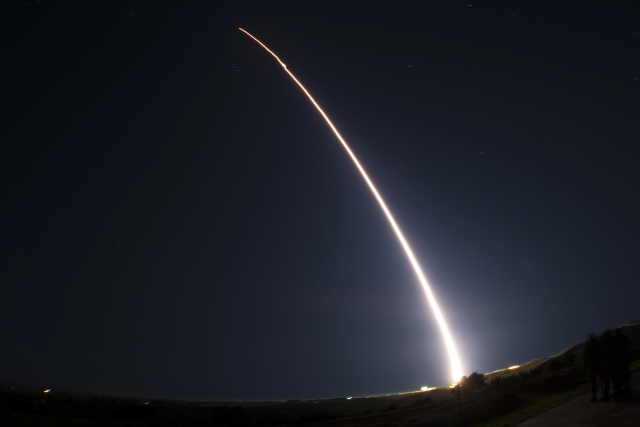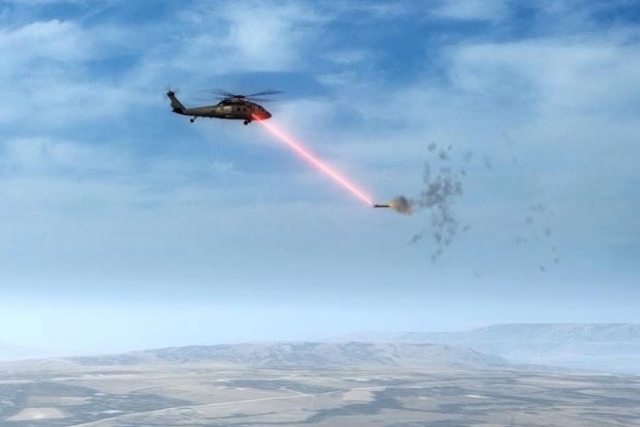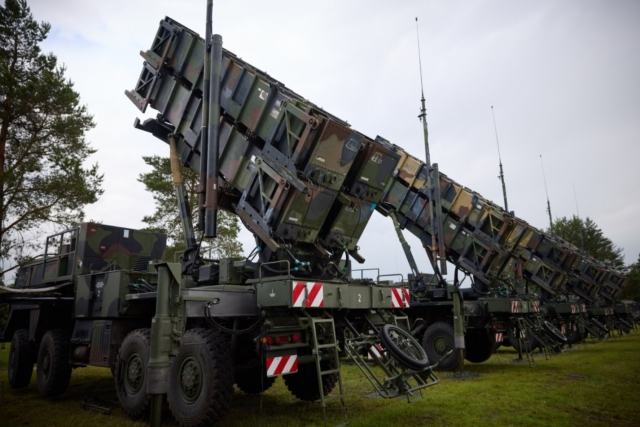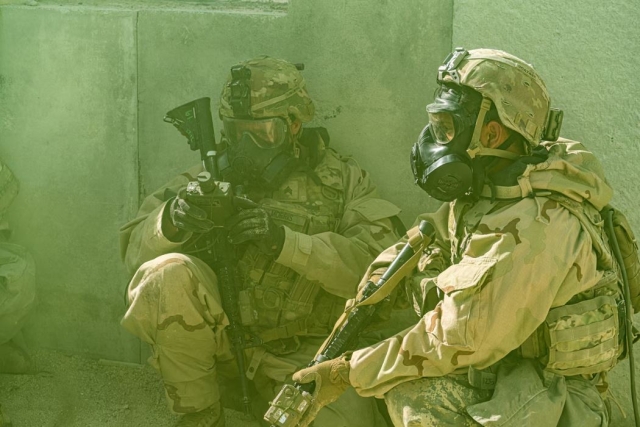20 Indian Soldiers Killed in Border Clash with China; Acted in Self-defence, Says Beijing
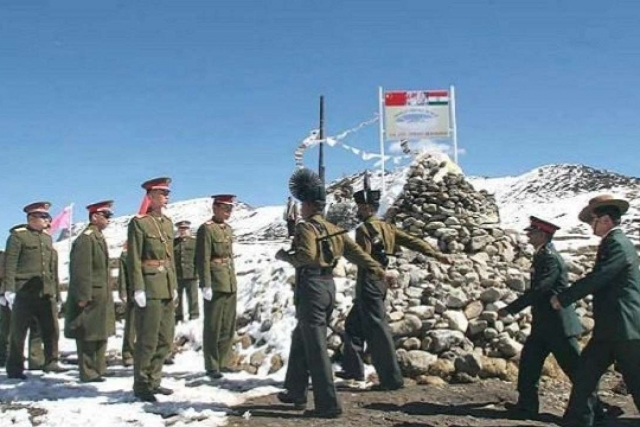
In addition to the confirmation of 3 Indian soldiers killed in border clash with a Chinese patrol, the Indian Army has confirmed the deaths of 17 other soldiers who were injured in the clash but later succumbed to their injuries.
“Indian and Chinese troops have disengaged at the Galwan area where they had earlier clashed on the night of 15/16 June 2020. 17 Indian troops who were critically injured in the line of duty at the stand-off location and exposed to sub-zero temperatures in the high altitude terrain have succumbed to their injuries, taking the total that were killed in action to 20, an Indian Army statement said.
“The loss of soldiers in Galwan is deeply disturbing and painful. Our soldiers displayed exemplary courage and valour in the line of duty and sacrificed their lives in the highest traditions of the Indian Army,” Indian defense minister Rajnath Singh tweeted Wednesday.
Chinese state-owned media reports stated: “The clash took place after Indian troops crossed the border to conduct illegal activities and launched provocative attacks against Chinese personnel, leading to physical self-defense measures from Chinese troops.”
Asserting that the clash took place within its territory, the Indian External Affairs Ministry said, “given its responsible approach to border management, India is very clear that all its activities are always within the Indian side of the LAC (Line of actual control- the unmarked border between India and China). We expect the same of the Chinese side.”
“The incident happened during a patrol and both sides suffered injuries and casualties,” Qian Feng, director of the research department of the National Strategy Institute at Tsinghua University in Beijing, told the Global Times on Tuesday. This is the first acknowledgement from Beijing that there were casualties on the Chinese side.
Facing provocation, the Chinese side had to take decisive countermeasures, Qian said, noting the fact that Indian troops crossing the boundary line twice means the second wave could have been reinforcements after the first crossing failed.
Chinese military expert Song Zhongping told the Global Times on Tuesday that “the clash was the result of a provocative military operation conducted by Indian troops that was planned for a long time. They were no longer satisfied by mere standoffs.”
